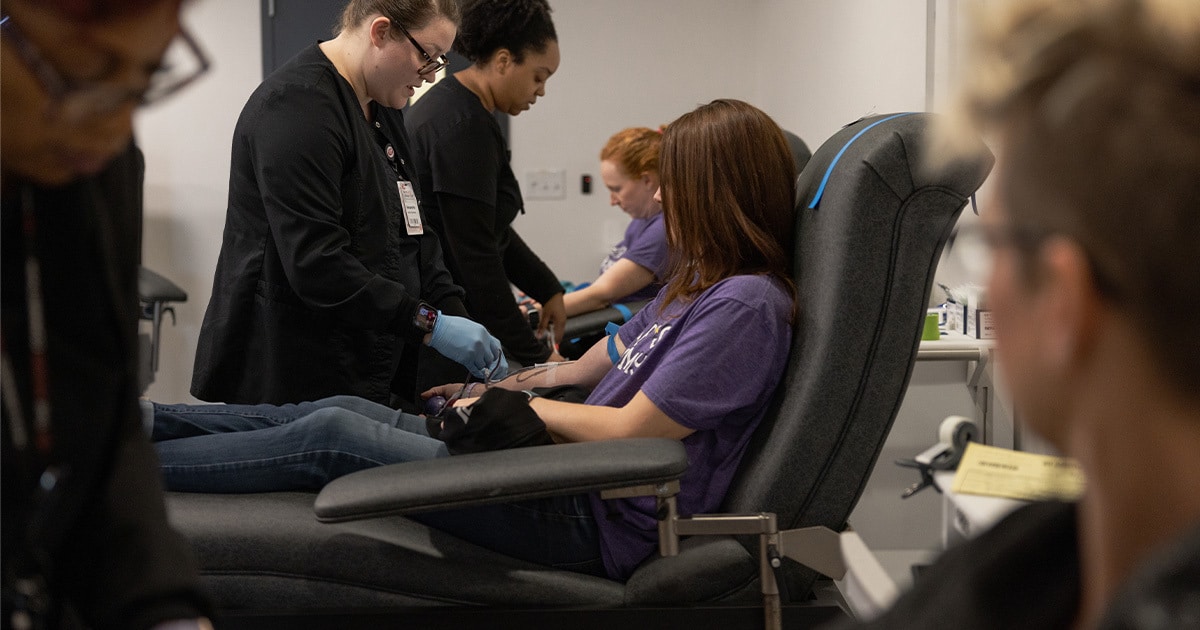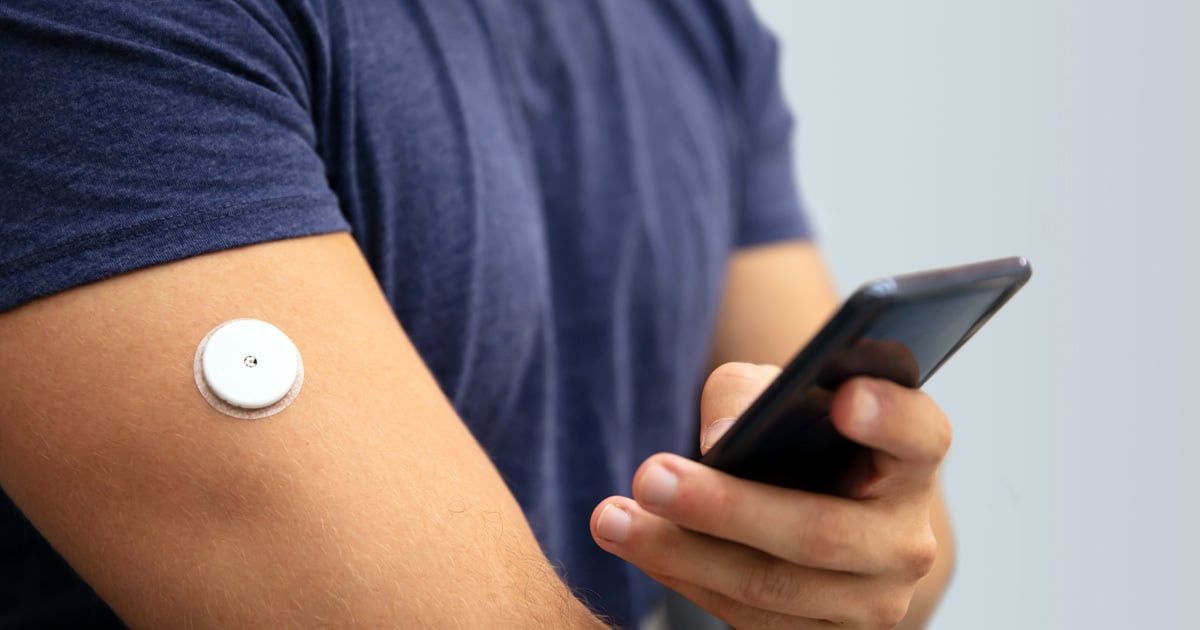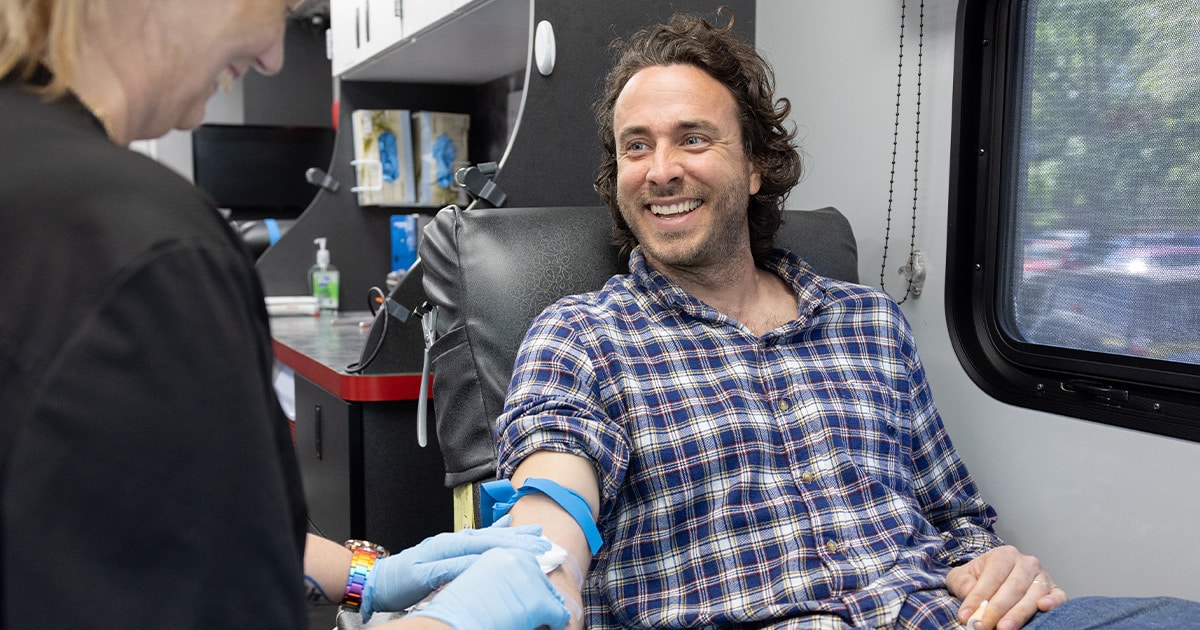
Behind the Scenes: A Day in the Life of a Blood Connection Team Member
Behind the Scenes: A Day in the Life of a Blood Connection Team Member
Donating blood isn’t just a nice thing to do; it’s a selfless act that saves lives. From emergency trauma care to ongoing cancer treatments, countless medical procedures require blood transfusions every day. But maintaining an adequate blood supply requires ongoing donations — and ongoing donations require a dedicated staff.
Blood donor technicians are the heart of every donation center. They’re responsible for determining donor eligibility and overseeing the donation process. Without our team of dedicated technicians, The Blood Connection would not be able to impact the lives we do.
Let’s take a closer look at what our blood donor technicians do every day to ensure the blood donation process runs as smoothly as possible.
The Role of a Blood Donor Technician
Blood donor technicians are the face donors see when they walk into donation centers. They are responsible for making every person feel comfortable and informed about the donation process.
At the start of the process, technicians screen all potential donors to determine their eligibility to donate. They review all blood donor requirements and discuss their medical history, recent travel, medications, and potential risk factors. These steps protect both the donor and the eventual recipient.
Preparing for Donations
Cleanliness is a non-negotiable in the world of blood donations. As a donor, you’re willing to take time to donate a life-giving resource. We seek to be good stewards of your donation by providing a safe and clean environment.
Before starting the collection process, our technicians prepare the necessary equipment and sterilize the collection site, ensuring everything is clean and ready for use. They check that all the essentials — blood collection bags, needles, tubes, and tourniquets — are sterile and in proper working condition. They also take the extra step of making sure everything at the collection site is organized and easily accessible.
Greeting and Educating Donors
Whether you’re a new or regular donor, the blood donation process can feel overwhelming without the right information and resources. Our blood donor technicians are here to provide you with just that. Upon entering the donation center, you’ll be greeted by a technician who will explain the donation process, answer any questions or concerns, and provide a reassuring and positive experience. They’ll also verify your identity and confirm your eligibility by checking your personal ID and blood donor card. If you’ve completed the TBC Express Questionnaire, all you have to do is show your QR code to the blood donor technician.
The technicians are responsible for completing the mini-physical step in the donation process. Techs screen every donor to ensure they meet the physical requirements for donating. The screening process includes reviewing your medical history, current health status, and potential risk factors. During the screening, you will be informed about what to expect during your donation, how long the procedure will take, and any potential side effects.
The Collection Process
Once the necessary preparations are complete, our phlebotomists will begin the collection procedure. They’ll help you lie comfortably and relaxed to prevent dizziness or fainting during donation. They’ll then apply a tourniquet to help them locate and access a suitable vein. Every phlebotomist is trained in venipuncture and knows how to quickly locate suitable veins that ensure the collection runs smoothly.
After identifying the best vein, the blood donor technician cleans the venipuncture site with an antiseptic solution to prevent infections. They’ll use a sterile needle and carefully insert it into the designated vein. The technician then connects the blood collection tube and bag to the needle.
Our technicians do their best to keep every donor comfortable throughout the collection process. They carefully monitor for any adverse reactions or signs of distress, and they are equipped to respond quickly to any issues and provide the appropriate care. If you experience discomfort during your donation, let a phlebotomist know, and they’ll be happy to help.
Post-Donation Care
During and after the blood collection procedure, blood donor technicians follow safety and infection control protocols to prevent the transmission of diseases. The collection site is kept clean and sterile throughout the entire process.
Once the collection is complete, the technician labels all collected samples and completes the proper documentation to maintain the consistency of the process and the integrity of the donation. The donor and donation information is then entered into computer systems to ensure that records are up-to-date and complete.
Equipment Maintenance and Clean-Up
When the donation is complete and all records have been updated, a blood donor technician resterilizes all reusable equipment to prepare the collection site for the next donor. The technician will carefully disconnect the used blood collection bags, needles, and tubes. They follow strict safety protocols to avoid accidental needle sticks and the risk of exposure to bloodborne pathogens.
To protect donors and staff alike, materials such as gloves, gauze, used needles, collection bags, and other disposable items are safely discarded in biohazard containers. Finally, the donor’s seating area, the collection equipment, and any surfaces the donor may have come in contact with are thoroughly cleaned and disinfected.
Blood Donor Technicians Make a Lasting Impact
For many blood donor technicians, their job is their passion. They’ve witnessed time and time again the life-changing impacts of blood donations, and they love being part of the donation process.
Shannon, a team lead at one of The Blood Connection donation centers, started working for The Blood Connection because she believes in our mission of saving lives. Through personal experience, she understands the powerful impact a single donation can have on multiple lives.
There was a time in Shannon’s life when her granddaughter required blood products. And thanks to generous donors, her granddaughter’s health was restored.
“It feels good knowing my job is saving lives,” Shannon shared. To her, working at The Blood Connection is more than just a job; it’s an opportunity to make a lasting impact and help those in need.
Blood donor technicians like Shannon work diligently to provide a safe place for donations to occur, and they offer the support and guidance that allow donors to walk into donation centers with confidence and complete their donations with ease. Technicians don’t just ensure the safety of donors; they also ensure that the donated blood is safe for use and gets to where it needs to be. Our team of technicians is the reason that lifesaving blood can successfully go from donors to patients in need.
Would you like to know more about the blood donation process? Visit The Blood Connection website today. Then, when you’re ready to begin the donation process, our team of technicians will be ready to help you. Schedule an appointment today to start saving lives!











